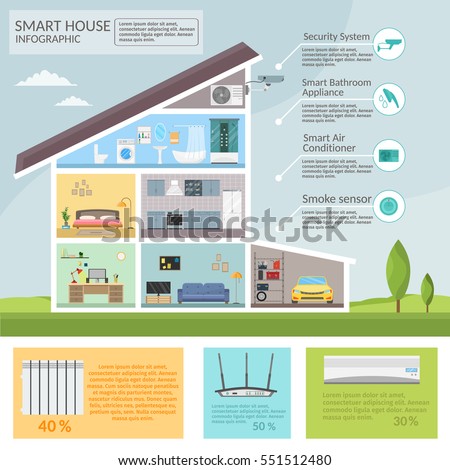Discovering The Ecological Benefits Of Warm Pumps - A Sustainable Heating Solution
Discovering The Ecological Benefits Of Warm Pumps - A Sustainable Heating Solution
Blog Article
Authored By-Crabtree Stampe
In an age where sustainability and power performance are critical, many companies seek environmentally friendly home heating solutions. One such service is the heatpump.
A heat pump extracts the heat in its environments and pumps it right into your home, leading to one of one of the most reliable green main heating systems around. This procedure likewise produces zero greenhouse gas discharges, making it a highly sustainable technology.
Power Efficiency
Heat pumps are really energy efficient and call for little upkeep. They use much less electrical energy than various other furnace and are by far the most eco-friendly. They work well with rooftop solar and can typically spend for themselves in energy cost savings alone.
They can also offer air conditioning, which is great for garage workshops, attic room hangouts and incentive areas, and home additions without expanding the existing ductwork. They can also be used for retrofits in existing homes with hydronic (water-based) distribution systems such as reduced temperature level radiators or radiant floors.
Seek models with SEER and HSPF rankings that satisfy or go beyond Canada's minimum requirements, in addition to the standards in your area. Greater scores suggest better efficiency, which conserves you cash over time and reduces your carbon impact. You might also receive refunds and motivations! The best units are those with a ground warm exchanger for included efficiency. These units can soak up thermal power from the ground throughout the winter season and remove it in the summer season.
Decreased Greenhouse Gas Emissions
Heat pumps operate on electricity and basically move warm from the air, also when it's chilly exterior. mitsubishi air conditioning have the ability to draw out the totally free warm caught in air bits and move them inside your home, reducing moisture while doing so.
Contrasted to gas heaters, modern-day heatpump use less than one kilowatt of electrical energy per kilowatt of heating power they create. This makes them one of the most energy reliable home heating choice available with a POLICE OFFICER (Coefficient of Efficiency) of 4 or more. By reducing the demand for fossil fuels, heatpump help reduce greenhouse gas emissions and cut other significant air contaminants.
Structure decarbonization is a global crucial, and the cooling and heating industry is a vital driver of that process. Whether it's real estate investors making net no commitments, policy manufacturers establishing discharges restrictions, or occupants requiring greener areas, electrical heat pumps are being recognized as a necessary solution. They are an economical method to lower carbon emissions by eliminating the need for fossil fuels in structures.
Adaptability
Heatpump can be made use of in many sorts of homes and structures-- with or without ducts. They collaborate with hot-water radiators, air-conditioning and programmable thermostats. They can change furnaces or be set up in new houses. https://yorknewstimes.com/places/home_garden/builders_contractors/deck_patio/critel-enterprise-heating-air-conditioning-york-ne/business_4000111953.html can operate on solar panels, geothermal systems and even area home heating sources like wastewater.
They're great at supplying more heat per energy device. As an example, an air-source heat pump produces approximately 3 or even more home heating devices from each electrical power system it takes in.
Obtaining the most from your heatpump will rely on your climate zone and quality of insulation. Search for versions with ENERGY celebrity rankings and contrast their SEER or HSPF specs. In warmer environments, focus on SEER; in colder areas, take into consideration a system with a greater HSPF rating. Furthermore, invest in air securing and insulation to lower the load on your heatpump. That will boost power efficiency and help you reach your Web No objectives much faster.
Biomass Boilers
Biomass central heating boilers use timber pellets, chips or logs to create warmth and warm water. They are an excellent option for off-grid residential properties or those who wish to get off the gas grid.
As a standalone heating system, biomass can provide enough energy to keep your home cozy all the time without the common heat drop off of other sustainable modern technologies. They can likewise be used in conjunction with photovoltaic panels to maximise cost savings and benefit from RHI payments.
A downside of these systems is the upfront expense and routine gas deliveries. Often, pellets will require to be blown right into a fuel shop using a vacuum system or they can be manually fed right into the boiler via a receptacle. Logs are commonly self-sourced from close-by woodland or gotten wholesale. Along with this, they call for hands-on loading and may need cleaning on a regular basis.